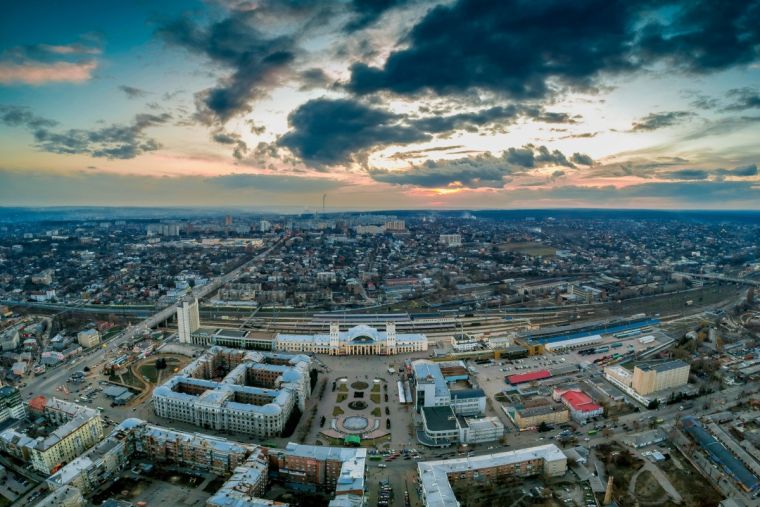European countries must be ready to welcome Ukrainian refugees, say the country's Christians

Ukrainian Christians are asking other European nations to make preparations for an influx of refugees from Ukraine after Russia invaded the country on Thursday.
The call went out at a prayer vigil organised by Christian campaigner Krish Kandiah.
One Ukrainian, Ruslan Mailita, who is a consultant for the World Evangelical Alliance, said millions of people across the country are now suffering.
"This is a hard day, this is a very dark day for Ukraine. I don't think it's an exaggeration to say it's a dark day for the world," he said.
Mailita said that while many Ukrainians "are resolved to stay", there are others who will leave.
He is asking Christians in other European countries to lobby their governments to receive and help those who decide to leave.
"It's better to be over-prepared and then have less refugees come than to be underprepared and then have more. But with everything that's happening now, I'm afraid there is going to be more than we think, not less than we think," he said.
People can also reach out to churches in Ukraine to ask them what kind of help they need, he said: "The Church has been at the forefront of the response and the Church will not leave - or it will be the last to leave - whatever is happening on the ground."
But he also cautioned people elsewhere not to take peace for granted.
"Friends, it's surreal but if you think that it's happening somewhere far away and certainly cannot happen where you are, we were there in 2013 and one month ago I think many of us were still there," he said.
"We woke up to a different reality in Ukraine and the world has woken up to a different reality now.
"So pray for Ukraine and pray for people in Russia but we also need to pray for the world too."
The vigil also heard from Yuriy Kulakevych, foreign affairs director of the Ukrainian Pentecostal Church, who pastors a church in capital city Kyiv.
He said his family and the whole leadership of his denomination had decided to stay in Kyiv to continue the Church's ministry in the midst of the crisis.
He told of how the invasion was bringing people back into churches as they gathered for prayer night after night in recent weeks.
"Many people who did not show up to the prayer meetings for years showed up, so difficulties sometimes bring us closer to each other and closer to His throne," he said.
The pastor, however, also spoke of his fears for the country under Russian control because of his own experience of growing up in the Soviet Union, during which time family members were sent away to remote parts of Russia.
"I don't want the Soviet Union to come back to Ukraine," he said.
"That's why we proclaim in our prayers the Lord's victory, the victory of His truth and light over any darkness that still has its power in the Kremlin."
Both leaders stressed that they had only love for the Russian people and that their opposition was to the actions of the Russian government.
Asked what other practical support Christians elsewhere could show, they asked for prayers for a return to peace, for the people of Russia and Ukraine, and for those in positions of power to make wise decisions.
Kulakevych thanked Russians who have taken the risk of joining protests against the invasion, and he also thanked people for their messages and prayers, which he said were "emotional fuel" for the people of Ukraine.
"All the calls, hugs and 'likes' matter these days. They help us to go on," he said.
Mailita agreed, adding, "Even sending your encouragement is a practical way [to help]. Saying that you care is a practical way. Liking messages is a practical way."











